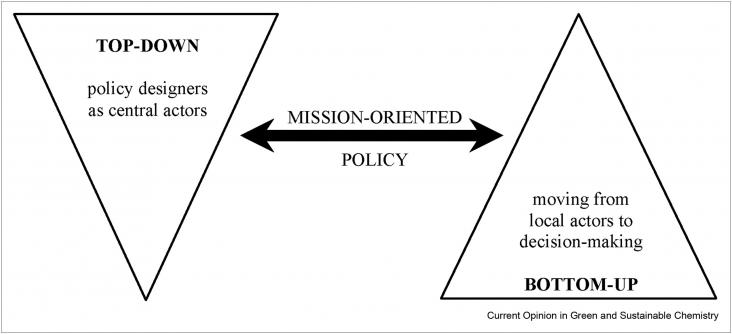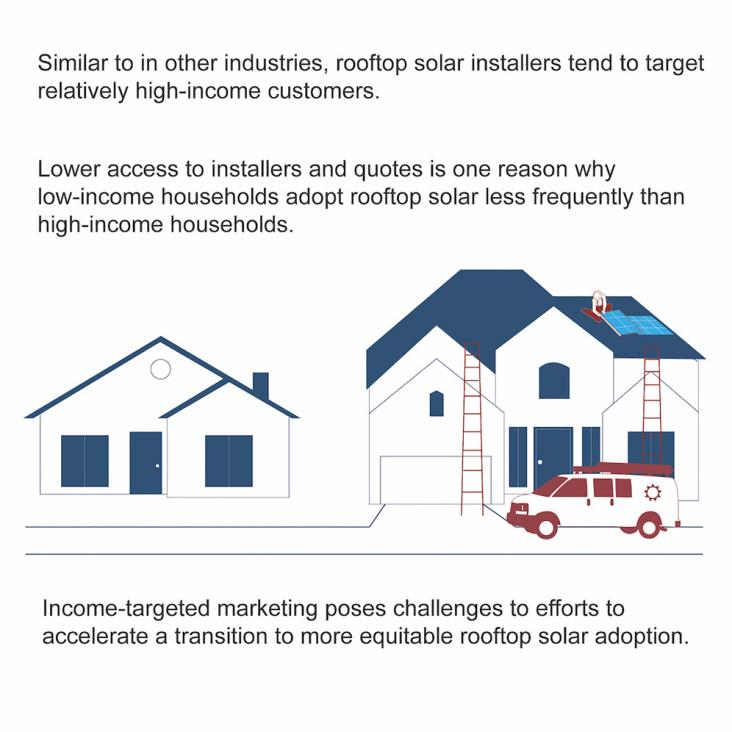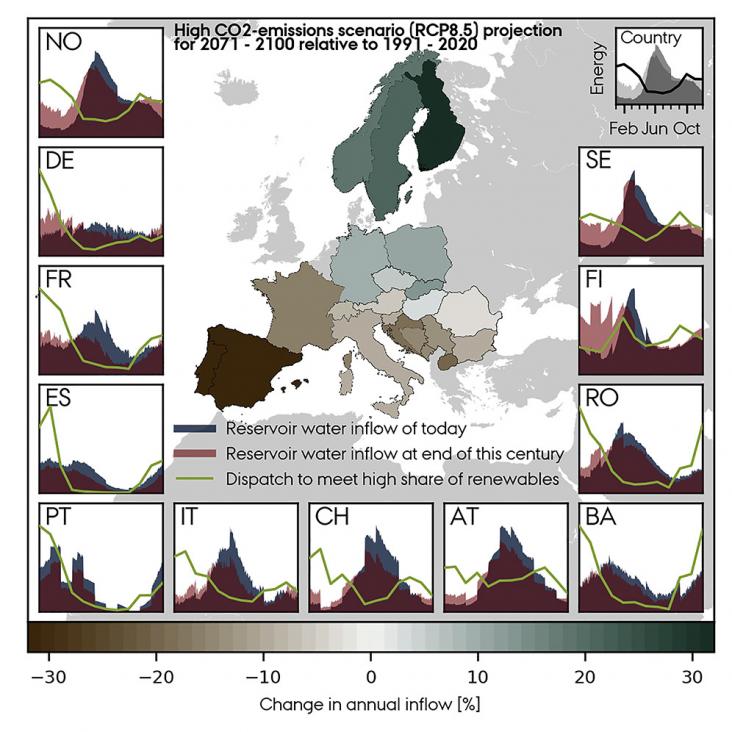Climate change mitigation requires energy transition supported by public to maximize policy acceptance. We examine if transiency of residence and life satisfaction affect climate change perceptions and opinions on energy sources. We find that transiency of residence and life satisfaction have significant effect in shaping views towards climate change. Results indicate that individuals concerned about local impact of climate change are supportive of renewable energy sources.

The COVID-19 pandemic has exacerbated energy insecurity and economic hardship among vulnerable populations.
This article aims to present and discuss the energy and environmental reality in the building sector and critically investigate the future pathways towards its decarbonisation.

Hydrogen as a clean, reliable and potentially sustainable energy vector has attracted growing interest for promoting the sustainable development of both industry and society worldwide.

Transitioning the energy sector to zero or net-zero emission of greenhouse gasses (GHG) and substantially reducing other pollutants is a massive, costly, and long-term effort.

Low- and moderate-income (LMI) households remain less likely to adopt rooftop solar photovoltaics (PV) than higher-income households.
Renewable energies have been discussed as the main efficient solution for solving many issues regarding climate change.
Urban areas are critical in accomplishing the clean energy transition and meeting the climate goals in the Paris Agreement.

As large renewable capacities penetrate the European energy system and the climate faces significant alterations, the future operation of hydropower reservoirs might deviate from today.

